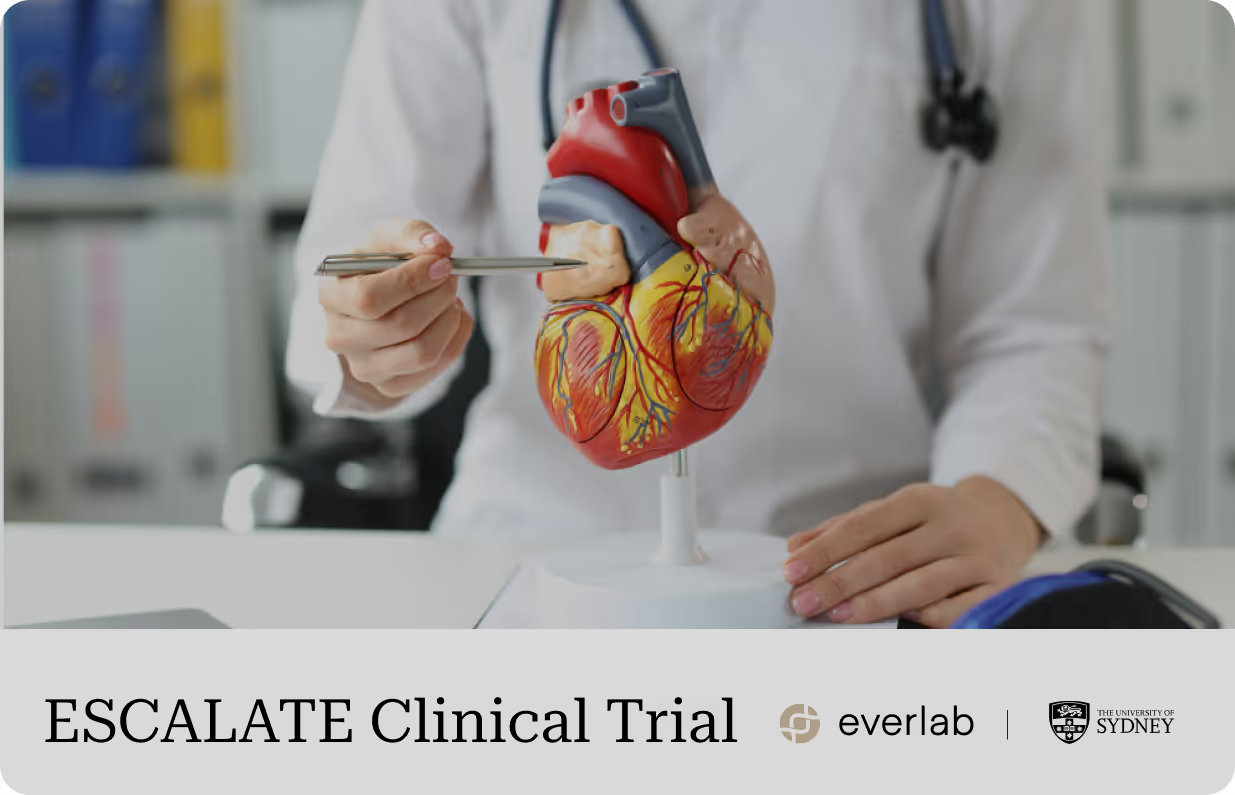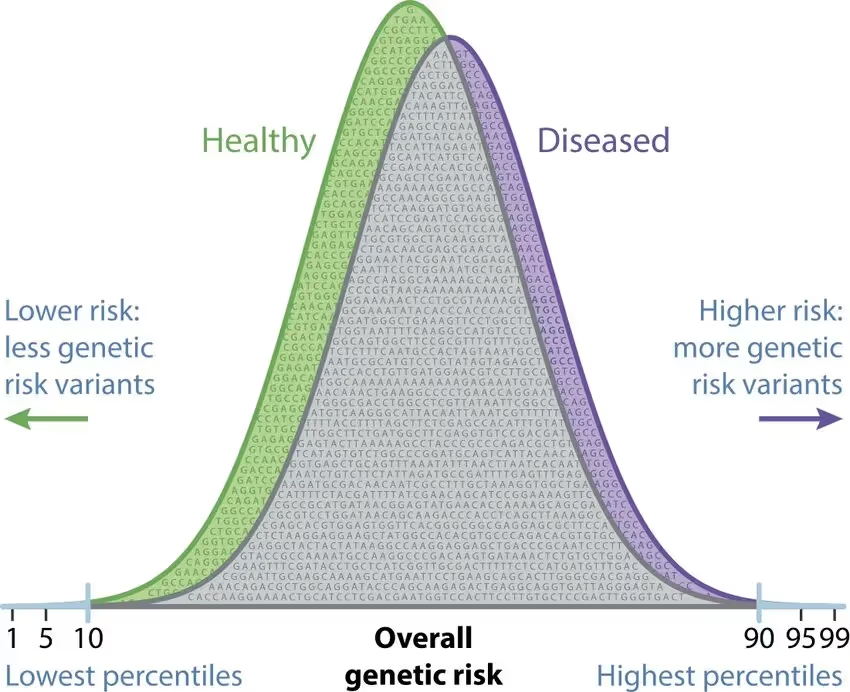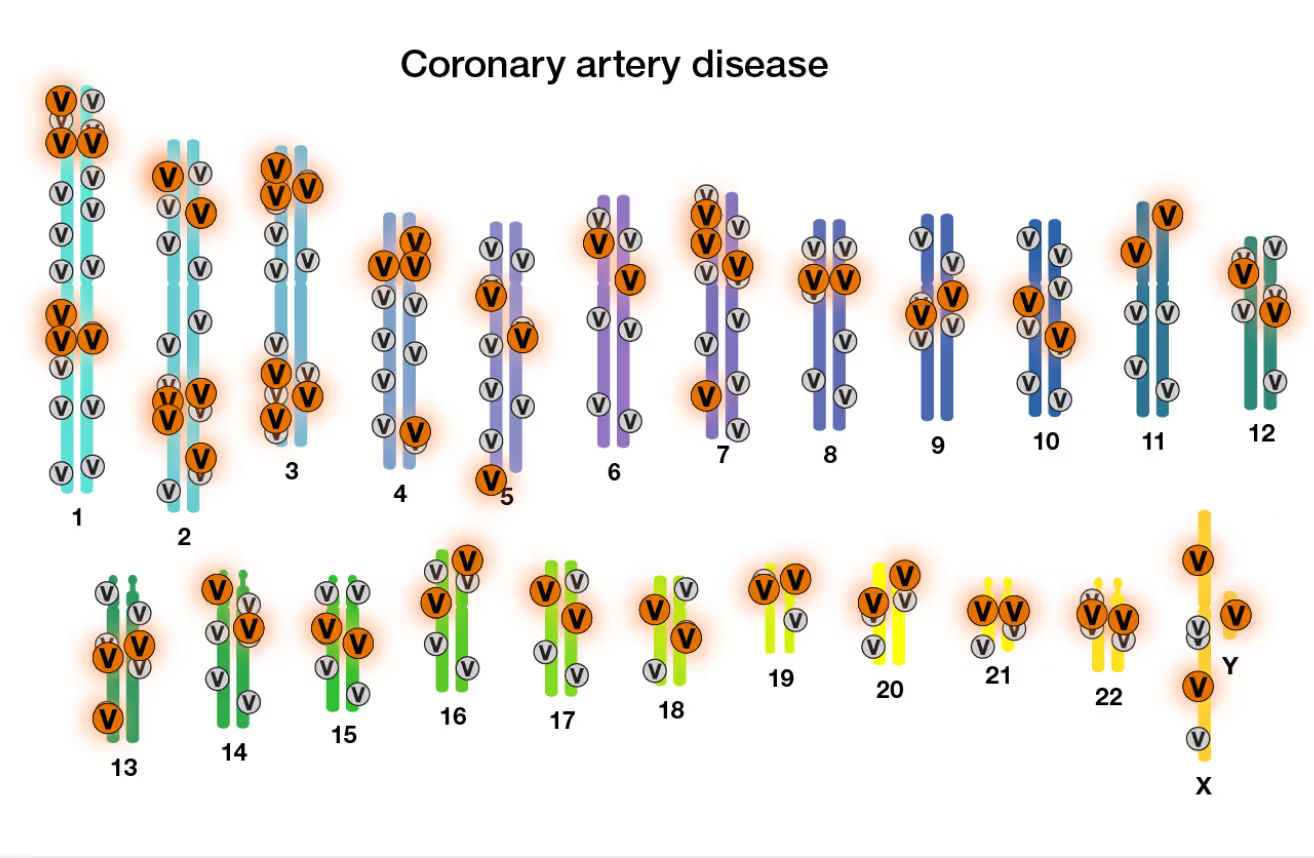ESCALATE Clinical Trial: Everlab | University of Sydney
Dr. Steven and Everlab are proud to be at the forefront of the ESCALATE trial, which explores how genetic testing can identify high-risk individuals.

One in four severe heart attacks impacts individuals with NONE of the usual risk factors. The ESCALATE trial explores how genetic testing can identify high-risk individuals who show little to no conventional indicators.
Dr. Steven and Everlab are proud to be at the forefront of this cardiac research.

With an annual global death toll nearing 18 million, preventing cardiovascular disease is crucial. Early detection of lifestyle risk factors like high blood pressure, high cholesterol and diabetes allows doctors to work with patients on proactive plans to prevent atherosclerosis and heart disease.
Yet, over 27% of heart attacks occur due to plaque rupture in patients with no traditional risk factors. Coronary artery disease (CAD), or atherosclerosis near the heart, is often called the "silent killer" because symptoms usually appear too late.
Alongside Steven, researchers from the University of Sydney, UNSW, the Victorian Heart Institute and over 20 other leading universities and medical institutions worldwide will contribute to this study.
Implementation Study of Incorporating a Polygenic Risk Score into Cardiovascular Disease Examinations to Identify SubClinicAL** coronAry arTEry Disease
The ESCALATE trial uses polygenic risk scores (PRS) and coronary calcium scans to detect risk and spot early signs of CAD before symptoms emerge. This approach helps detect plaque build-up in arteries, so they can be treated before a heart attacks.
While some diseases are influenced by epigenetics, many have strong genetic components. PRS identifies individuals genetically predisposed to CAD, even without traditional risk factors, enabling earlier, personalised prevention strategies.
In common diseases like atherosclerosis, many genes contribute to your overall risk. A PRS combines the influence of these genes into a single score, making it easier for doctors and researchers to assess the genetic risk of developing a particular disease.

The diagram below illustrates the genetic variations across different chromosomes associated with coronary artery disease. Each marked position represents a genetic variant that can contribute to an individual's overall risk for CAD. A PRS is critical because it combines the effects of many such variants (shown across different chromosomes in the diagram) into a single score.

Over 12 months, over 1000 participants aged 45 to 65, with a low or moderate risk of CVD will be involved. Using genetic insights from PRS, participants with higher genetic predisposition (≥80%) for CAD will undergo a 5-10 second non-invasive coronary calcium scan to detect early-stage atherosclerosis.
By merging genetic data with non-invasive heart scans, ESCALATE aims to uncover hidden heart diseases. Traditional cardiovascular risk factors only reveal part of the picture, leaving many at-risk individuals unaware.
“Heart attacks and related issues are the number one killer in this country, yet they are actually highly preventable. My career vision is a reality where we have zero deaths from sudden heart attacks. We must work towards identifying every potential heart attack before it occurs and causes debility and tragedy”, said Dr Lu.
We’re glad to announce that our chief medical officer, Dr Steven Lu, has been appointed a principal investigator in the ESCALATE trial!
This cutting-edge research improves heart health outcomes through early detection and personalised care. This trial would open new doors for identifying and managing cardiovascular risk, which could completely shift how CAD is detected.
Genetic profiling and advanced imaging move us closer to precision medicine. Instead of waiting for symptoms or relying on generalised risk factors, this approach tailors prevention to the individual. It ensures that those at the highest risk get the care they need before they suffer serious heart events.




Join 1000's of Australians improving their health with proactive, personalised healthcare.